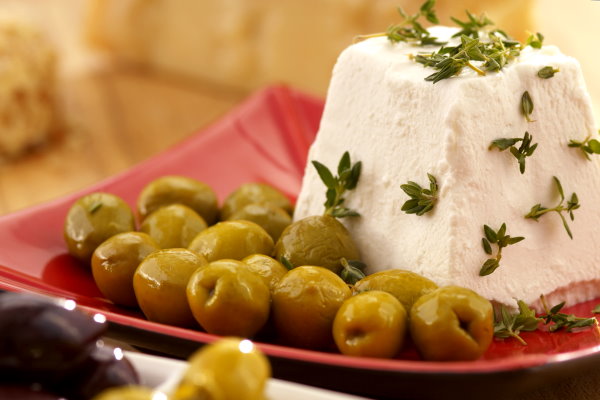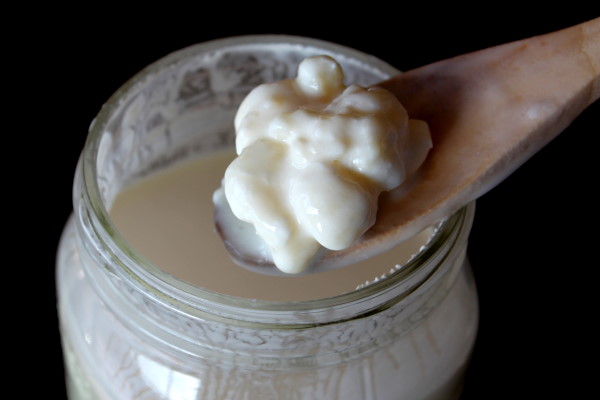
Can Babies Eat Mango?
Mango is a fruit produced from many species of tropical trees from the flowering plant family Mangifera, being grown for their edible fruits. Mangoes originate from South Asia, from where the “common” or “Indian” mango spread worldwide, becoming one of the most cultivated fruits in the tropics.
Mango fruits differ in size, shape, sweetness, skin and flesh color and texture, depending on the cultivar. It is the national fruit of Pakistan and India, and the national tree of Bangladesh.
Mangoes are popular in cuisines, being used in many different forms: raw, sour and unripe ones are used in Bengali cuisine. Mango lassi is a famous mixture of ripe mangoes with buttermilk and sugar. Ripe mangoes are often used to make curries. Mangada is a jam prepared out of the pulp of ripe mangoes. Mangoes are also used to make smoothies, juices, ice creams, milkshakes, fruit bars and pies.
Mangoes are high fibers, in vitamin C and folate, but they also contain small amounts of vitamins B, A, E and K, iron, magnesium, manganese, potassium and phosphorus. Mangoes have many phytochemicals and carotenoids, and they contain a unique xanthonoid called mangiferin.
When Can Babies Start To Eat Mango?
Mangoes can be given to babies starting at the age of 6 months, when they start eating solid food, however many pediatricians recommend introducing them into your baby’s diet only later on, at about the age of 8 – 10 months. Make sure to give ripe mangoes to babies, because unripe ones can cause digestion problems. Mango skins contain allergens, which can lead to rashes and other allergic reactions.
Health Benefits of Giving Mangoes to Babies
Mangoes are rich in fibers, helping digestion and avoiding constipation. Mangoes have vitamin A, which helps maintain healthy eyes and a healthy moisturized skin. Vitamin B6 and glutamine acid in mangoes are essential for brain development, and promote better memory and brain functioning. Due to its high content of vitamin C, mango is an immune system booster. Mangoes are low in fat but high in calories, helping babies to gain weight in a healthy manner. Mango juice is excellent to keep hydration and electrolytes in the body, so it is a good way to prevent sunstrokes.
Mango Rice Pudding
Ingredients: 1 peeled and finely chopped mango, 2 cups of coconut milk, ¼ cup of brown rice, ½ mashed banana, ½ tsp vanilla extract.
Put the rice, milk and vanilla extract into a pan and bring to the boil. Simmer for 25 minutes, until the rice is soft, continuously stirring, to avoid the sticking of the mixture to the saucepan and add more coconut milk if needed. Put the mango pieces in and cook for about 3 minutes, until the rice is quite mushy. Turn off the heat, let it cool, and stir in the mashed banana. Serve warm or cool.
FAQ
What is mango?
Mango is a fruit produced from many species of tropical trees from the flowering plant family Mangifera, being grown for their edible fruits.
How healthy is mango?
Mangoes are rich in fibers, helping digestion and avoiding constipation. Mangoes have vitamin A, which helps maintain healthy eyes. Vitamin B6 and glutamine acid in mangoes are essential for brain development, and promote better memory and brain functioning. Due to its high content of vitamin C, mango is an immune system booster. Mangoes are low in fat but high in calories, helping babies to gain weight in a healthy manner.
When can you start giving mango to your baby?
Mangoes can be given to babies starting at the age of 6 months, when they start eating solid food, however many pediatricians recommend introducing them into your baby’s diet only later on, at about the age of 8 – 10 months.
The risks of giving mango to your baby?
Make sure to give ripe mangoes to babies, because unripe ones can cause digestion problems. Mango skins contain allergens, which can lead to rashes and other allergic reactions. Babies can choke on pieces of mangoes, if they are nut cut or pureed properly.



